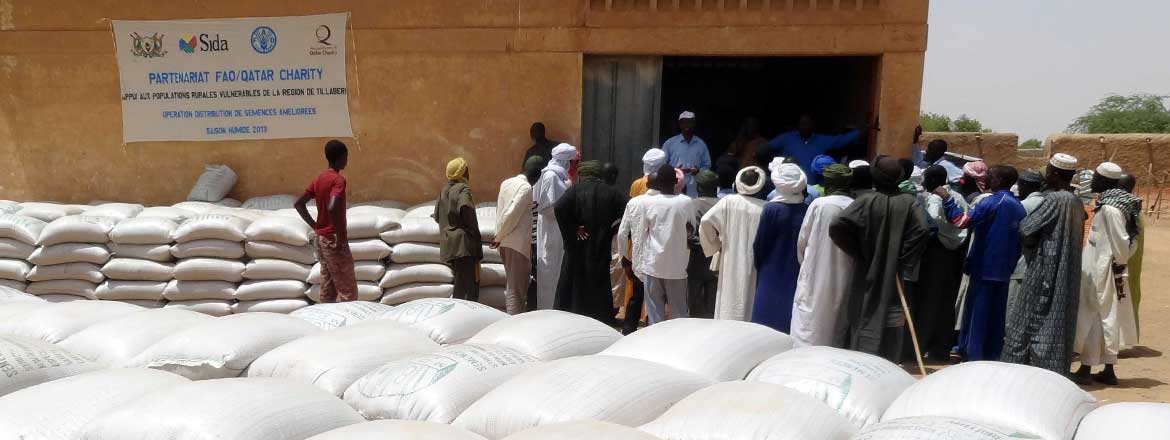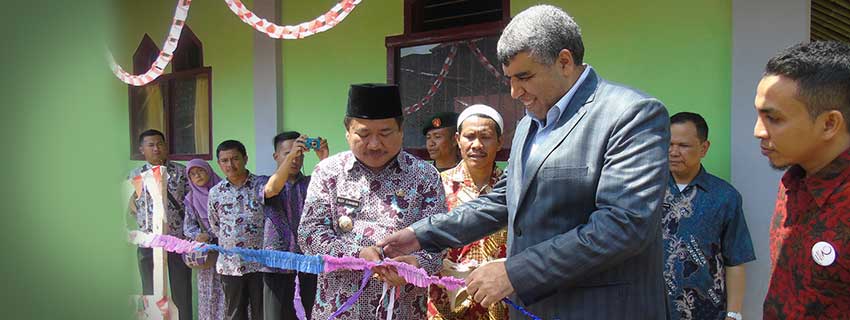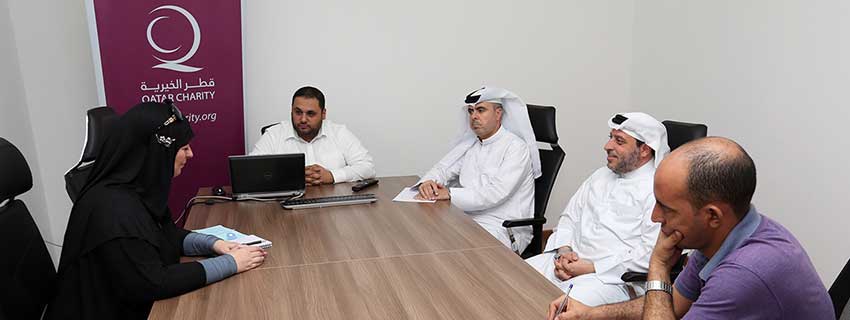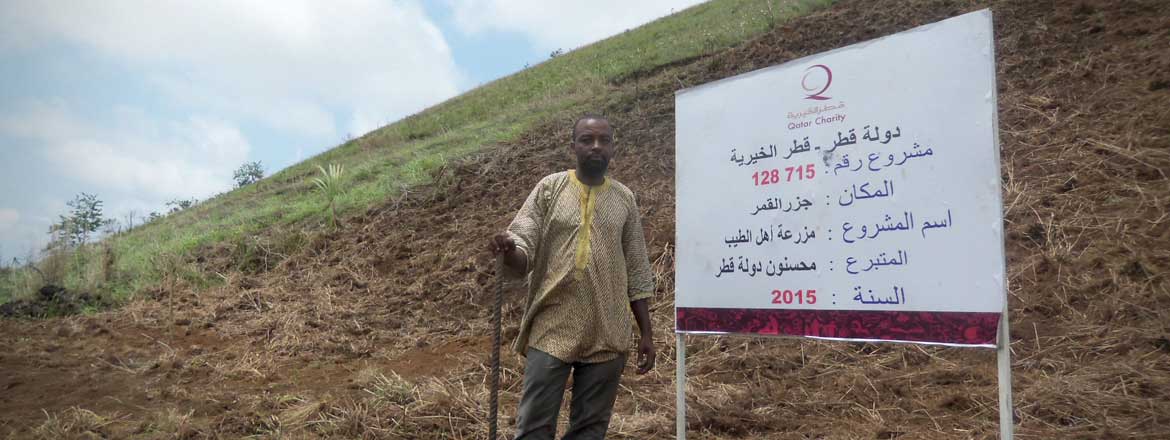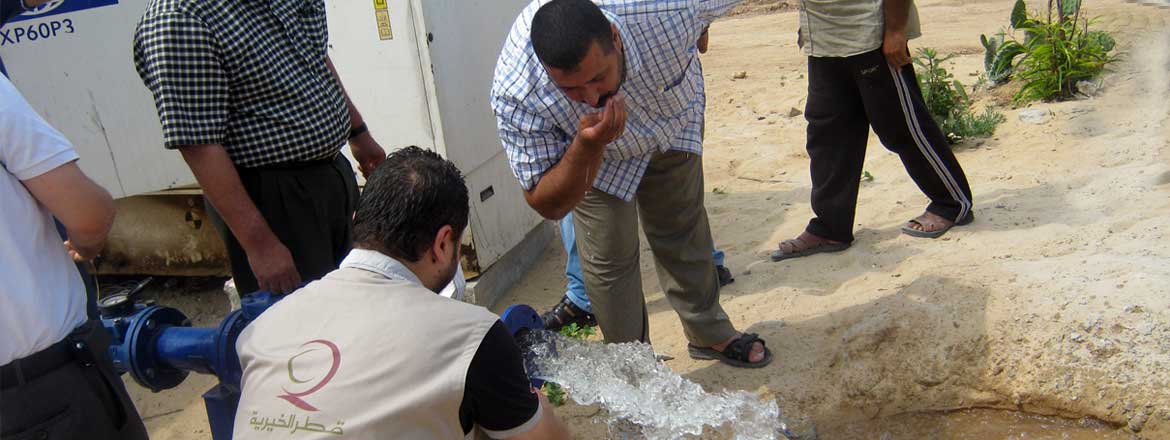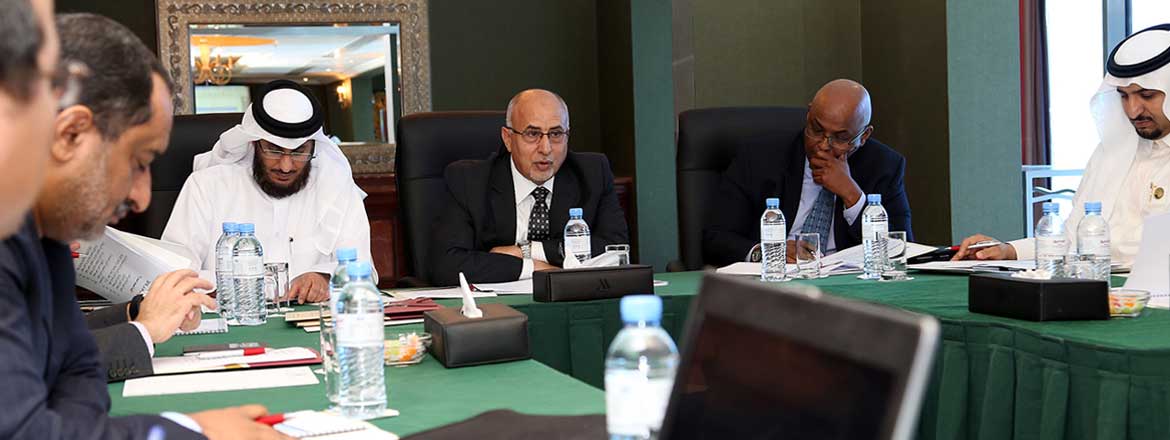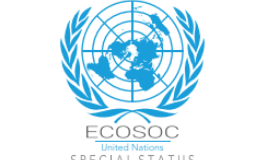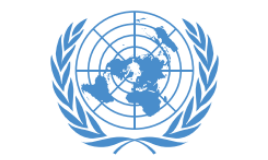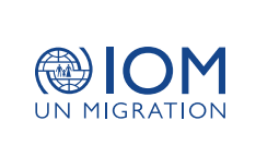
Arsel Al-Amal (Send Hope) Initiative Continues to Provide School Meals to the Deprived Students in the Middle East
Pizza Hut in Qatar inaugurated “Send Hope” initiative supported by QC to provide school meals to the deprived students in the Middle East by supporting school nutrition projects of the UN’s World Food Programme.
This initiative allows Pizza Hut’s costumers, in all of its branches, in Qatar to donate to ‘School Meals’ project the amount they want. The donation is added to the costumers’ bills. With each Qatari Riyal given, a child will receive a meal at school. These children will have a better future to aspire for.
Last May, QC and WFP signed an agreement in WFP’s headquarter in Rome, Italy, to fight hunger and malnutrition, and to bolster food security worldwide. This strategic cooperation will strengthen the private sector’s role in the battle against these life-threatening challenges which threaten the lives of millions of people whether in the times of peace or conflict. These challenges also hinder the developmental efforts exerted in many countries.
Abdullah Al-Wardat, WFP’s representative and the Gulf’s Office Director, said, “We sincerely thank Pizza Hut for this great initiative which supports the Programme’s efforts to fight hunger and malnutrition by providing students with school meals in the Middle East. Our strategic cooperation with QC offers a chance to the Qatari private sector’s companies, which understand that fighting hunger and malnutrition is the primary element for their success and for the community’s stability. The companies also understand their moral duty towards the children and the country.”
In a press release, Sterling Cos’ representative, Pizza Hut franchiser in Qatar, said, “It’s our pleasure to cooperate with QC to implement “Send Hope” initiative. We hope it would help support WFP’s efforts to give meals to more than 2,600,000 needy students in the Middle East. I hope this would bring hope to their hearts; I hope it makes their lives better. Education is essential to build a bright future, especially to those with a limited income.”
Mr. Jassim Al-Mansouri, QC’s Marketing Manager, expressed his gratitude to Pizza Hut for this initiative, and expressed his happiness with this cooperation to serve the school children. He also showed his great trust in the companies of the private sector in Qatar and how sure he is that more companies will be involved in supporting such initiative. The private sector is known to be very generous and to have a sense of responsibility towards the needy communities around the world. Its efforts will stand as the practical application of the agreement which QC had signed with WFP. “Send Hope” is expected to be well received for its noble goals.
This cooperation between QC and WFP represents an opportunity for the private sector in Qatar to be more involved in supporting the fight against hunger by supporting QC’s and WFP’s campaigns for collecting financial and in-kind contributions according to the procedures of Human Appeal International. Companies are aware of the fact that by fighting hunger, ending malnutrition and bolstering food security, they can achieve success. They are also aware of the moral duty behind such battle.
